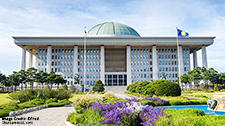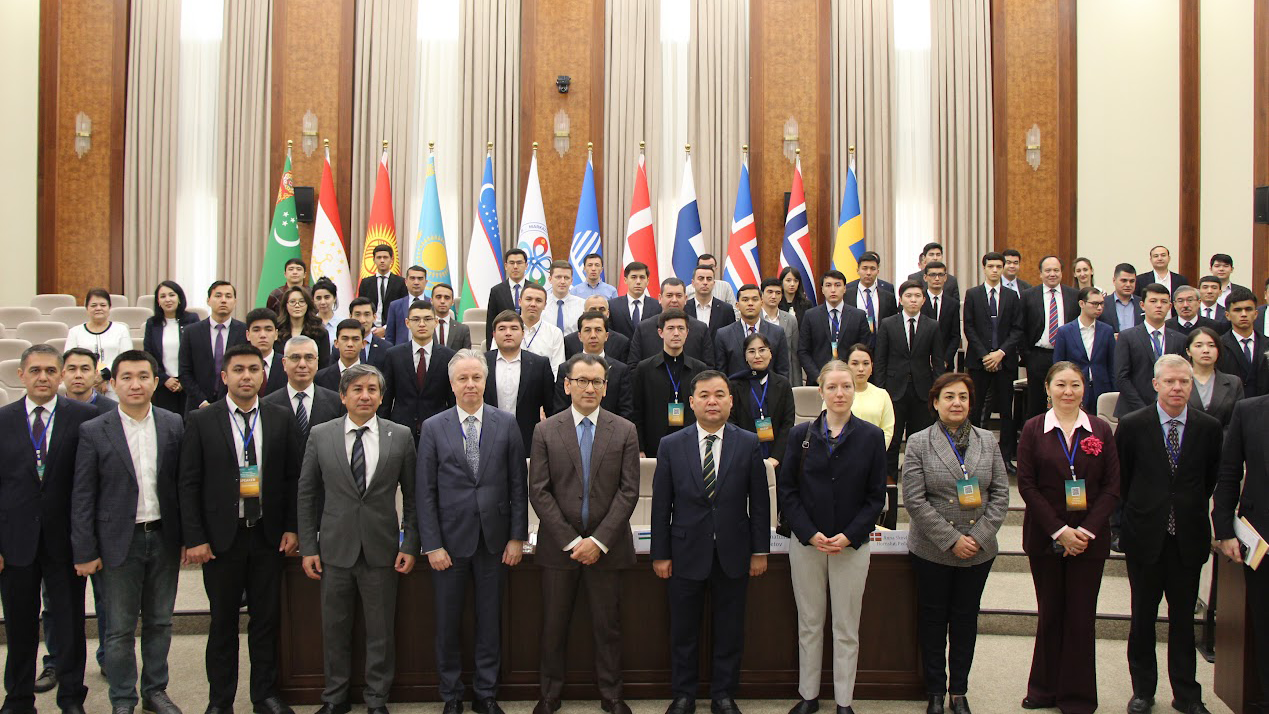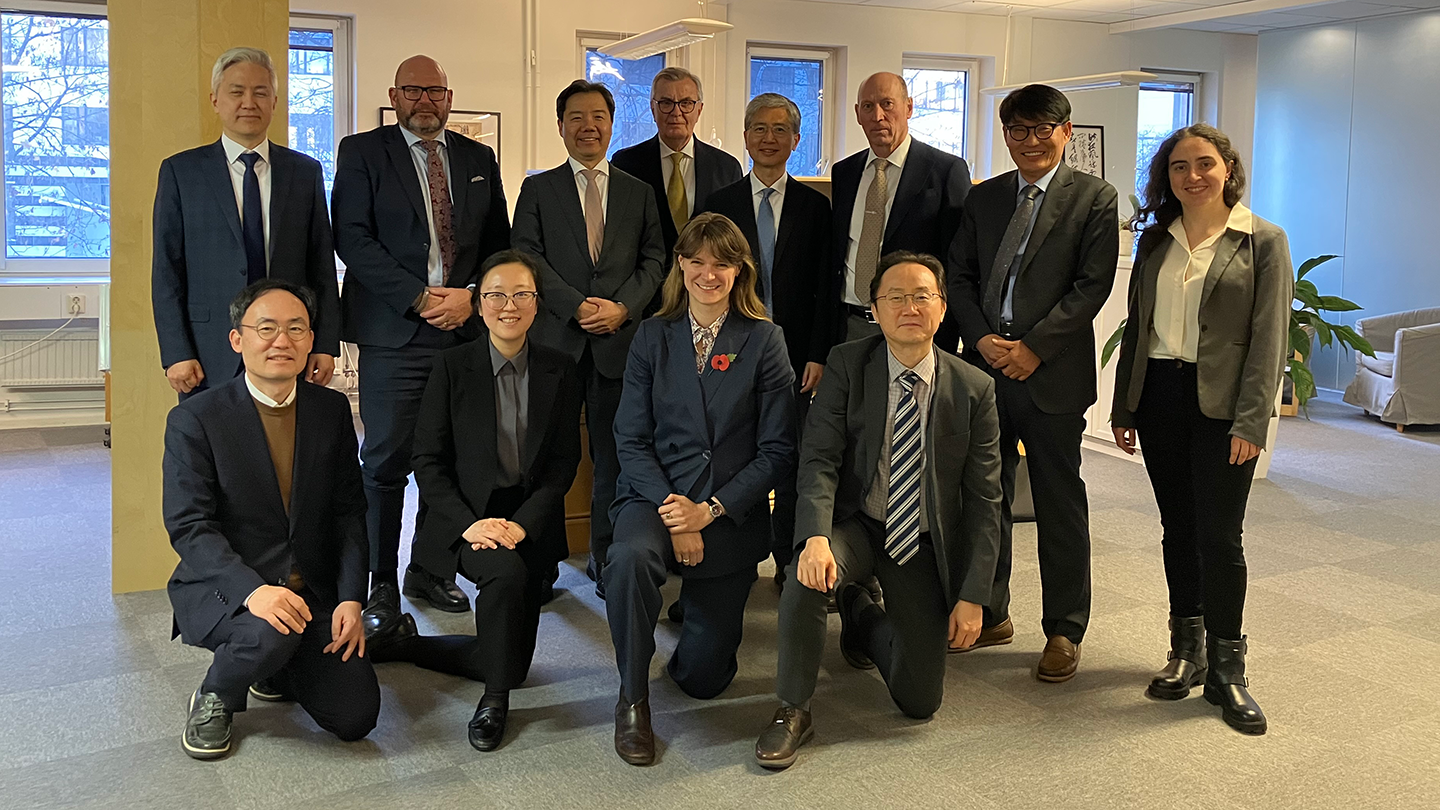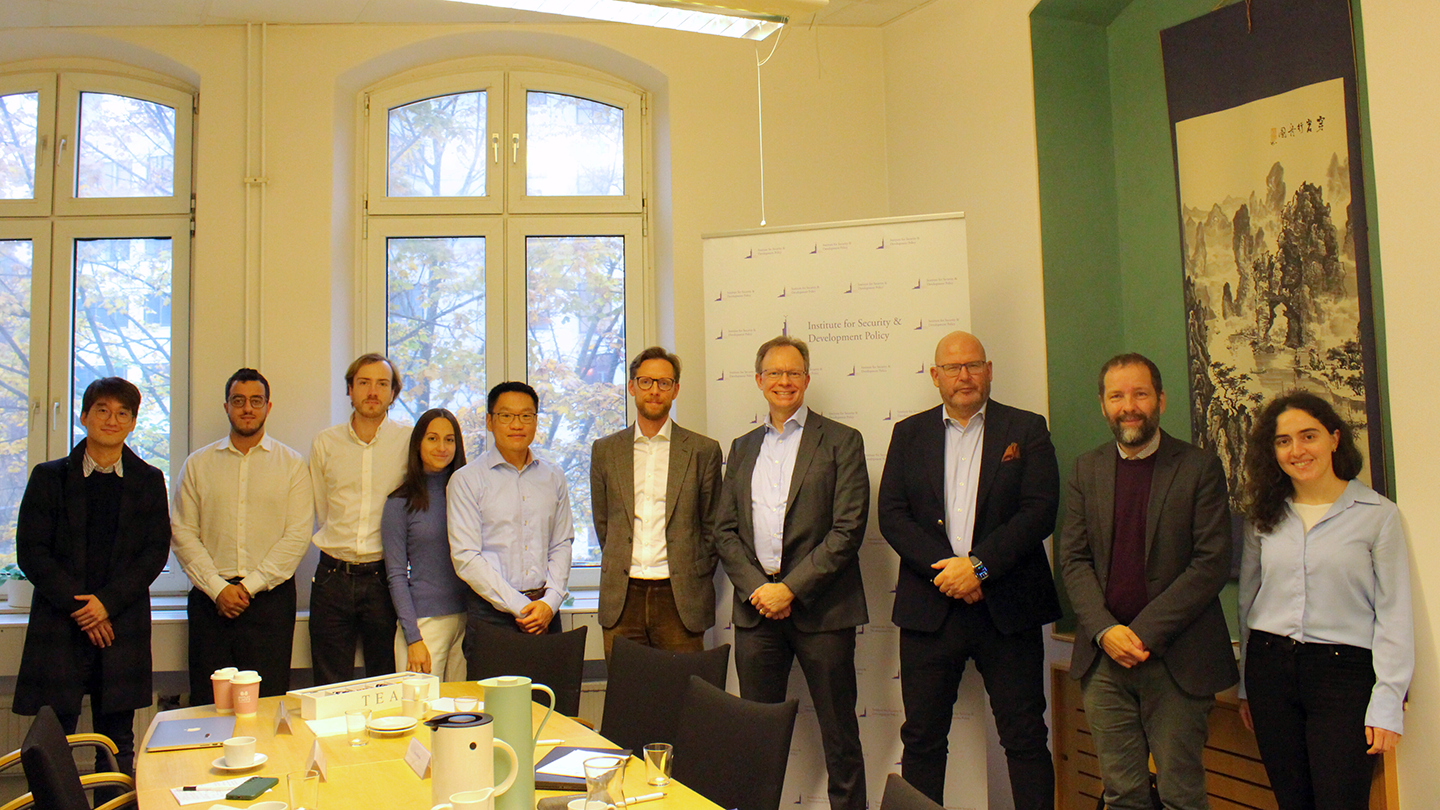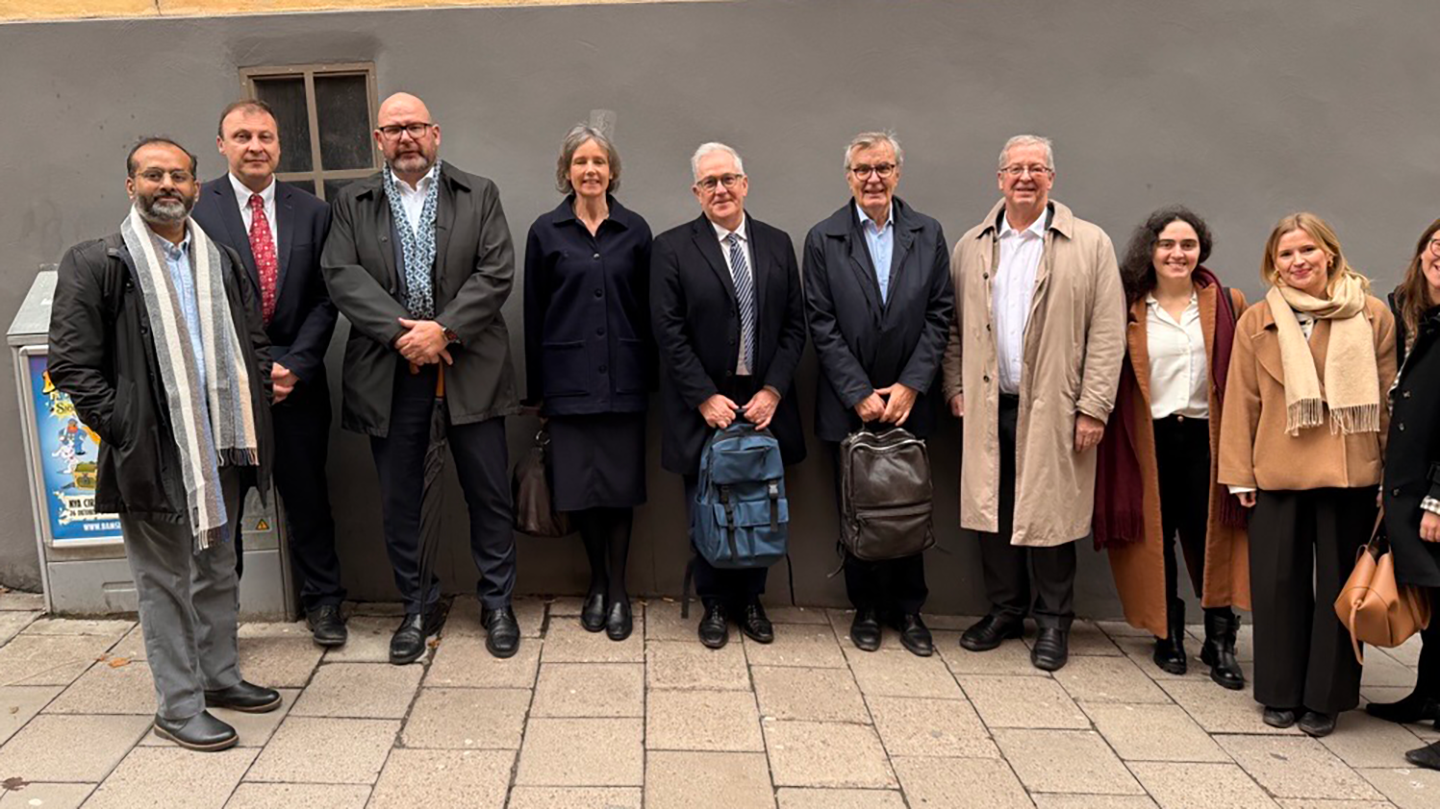-
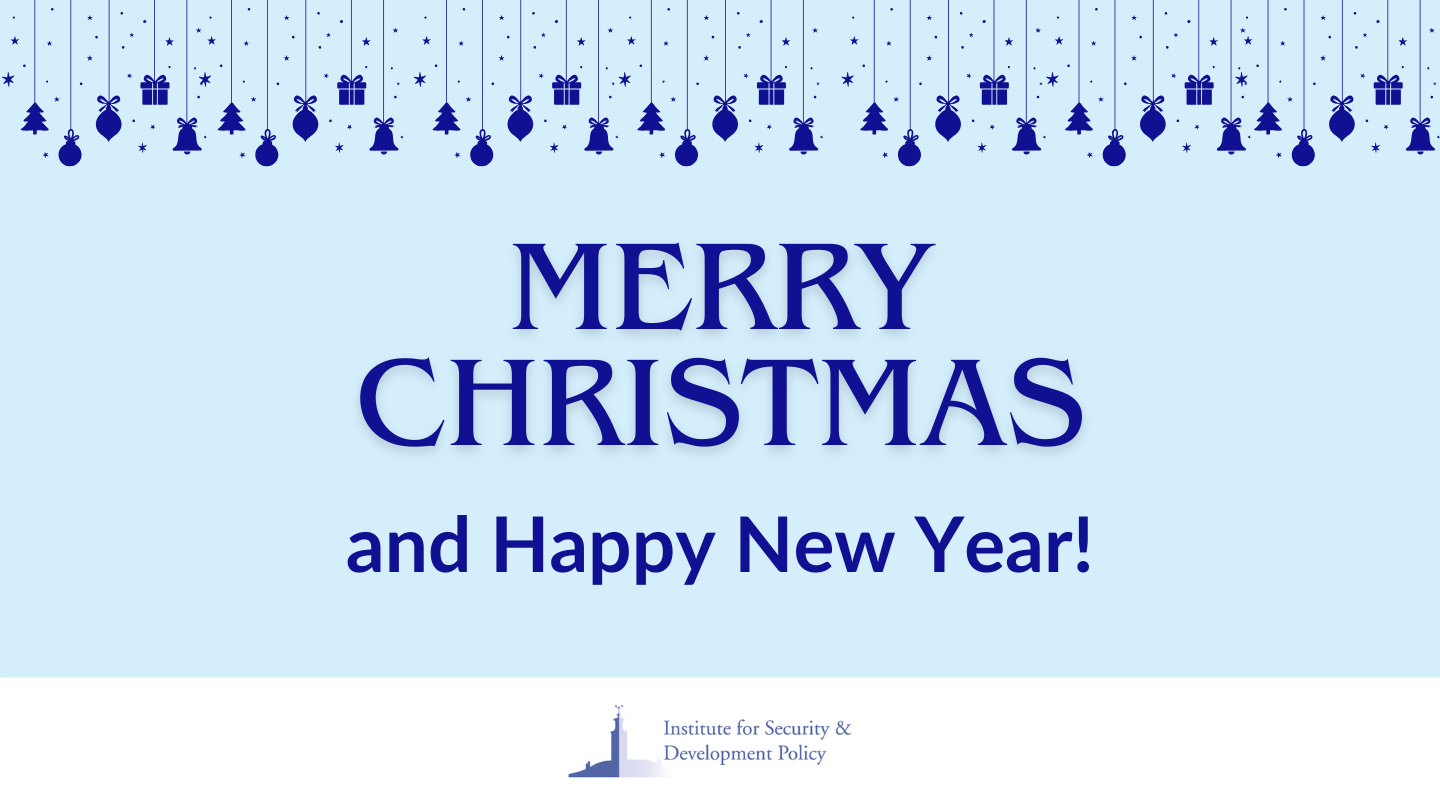
Merry Christmas & Happy New Year!
We from the ISDP would like to wish you a Merry Christmas and a Happy New Year. We look forward to welcoming you to our events in the new year and sharing our upcoming publications with you. Over the next few weeks, the event calendar for early 2026 will be updated, and there will be new publications to explore. In 2025, the various programs and centers of the ISDP, as well as guest authors, published more than 150 publications. With 2025 drawing to a close, we would like to share a curated list of 25 publications by ISDP colleagues, offering a look back at this eventful year.
-
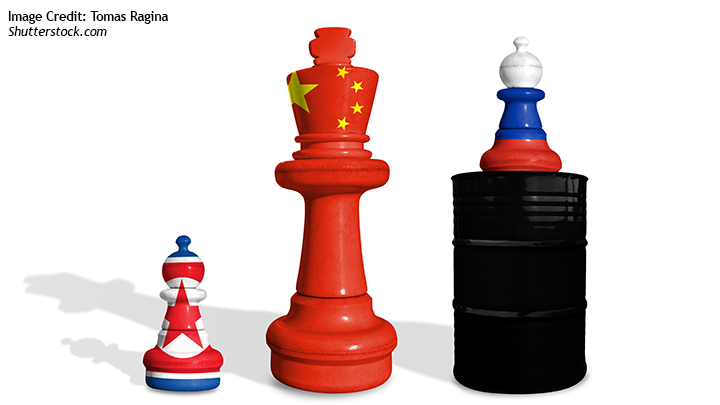
Reading North Korea: Russia and China as Case Studies
This piece by Rachel Minyoung Lee argues that North Korea’s expanded relations with Russia give Pyongyang greater flexibility and leverage, including in its ties with China. The future of North Korea-China relations will therefore be affected by Pyongyang’s relations with Moscow. In this context, despite efforts to rebuild ties with China, North Korea appears to prioritize Russia, writes Lee. She further argues that this was evident during the WPK founding anniversary celebrations in October: although China sent a higher-level delegation to Pyongyang, Kim Jong Un devoted more time to Russian visitors, skipping a Chinese performance but attending a Russian one, both of which were held on the anniversary’s eve. The Ninth Party Congress, likely to be held in early 2026, will unveil North Korea’s foreign policy direction for the next five years and offer more clarity into the leadership’s calculations, writes Lee. Read this piece here.
-

The DMZ is not a park: Why undermining armistice risks stability on Korean Peninsula
Chun In-bum writes in this Korea Times piece that the DMZ is not a park, a museum, or a confidence-building playground. It is the last physical and legal barrier between an armistice and war, involving the two Koreas. Weakening the framework that governs it, however well intentioned, risks eroding the very system that has preserved peace for more than seventy years, writes Chun In-bum. On the Korean Peninsula, that is a risk with consequences far beyond symbolism, he argues. Read the piece here.
-
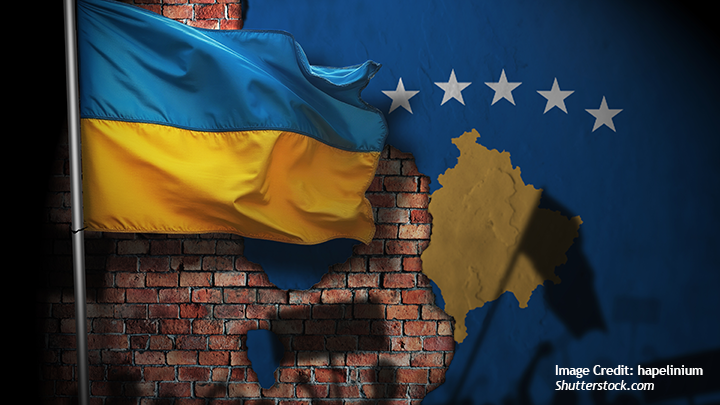
Don’t Repeat the Mistakes of Kosovo in Ukraine
This piece by Svante E. Cornell argues why the West should not commit the mistakes of Kosovo in Ukraine. He writes that almost four years into Russia’s war in Ukraine, and more than a decade after Russia’s annexation of Crimea, the U.S. is faced with a dilemma. On the one hand is the urge to continue to support Ukraine diplomatically and militarily. On the other hand is the push to stop a war that neither side can win. The author further writes that the urge to support Ukraine doesn’t just stem from a sense of solidarity with Kyiv. It is based on the understanding that Ukraine is fighting for the West as a whole against Russia’s broader onslaught on Europe. And it is not just America supporting Ukraine: Ukraine is doing the fighting in the West’s confrontation with Putin’s imperial ambitions. But it is also clear that Ukraine will not succeed in restoring control over its internationally recognized borders anytime soon, barring a complete collapse of Vladimir Putin’s Russia. Read this article here.
-

Total Defence in Comparative Perspective: Lessons from Finland, Sweden, Switzerland, and Singapore
This piece by Kristian Alexander argues that todal defence is not a singular model. It exists as a set of strategic principles that take different institutional forms depending on geography, political structure, societal norms, and strategic depth. Comparing four leading implementers, namely Finland, Sweden, Switzerland, and Singapore, the author offers valuable insight into how the same philosophy can operate across different contexts, and why its relevance has grown amid contemporary hybrid competition. These states also illustrate a useful comparative spectrum: Finland and Sweden demonstrate deep mobilization culture and territorial planning; Switzerland showcases militia-based resilience and decentralized civil defence; and Singapore illustrates how psychological, digital, and economic preparedness can substitute for limited territorial depth. Read this piece here.
-

The Rise of the Organization of Turkic States: Is Turkic Cooperation Filling a Geopolitical Vacuum?
In October 2025, the Organization of Turkic States (OTS) convened a pivotal summit in Gabala, Azerbaijan, demonstrating its emergence as a significant geopolitical entity on the Eurasian landscape. During the summit, Azerbaijani President Ilham Aliyev emphasized the OTS’s evolution into a key geopolitical center, while Kazakh President Kassym-Jomart Tokayev referred to it as an authoritative structure uniting Turkic populations. This gathering marks a critical juncture in the organization’s development, solidifying its influence in a region that links the Mediterranean to Central Asia.
-
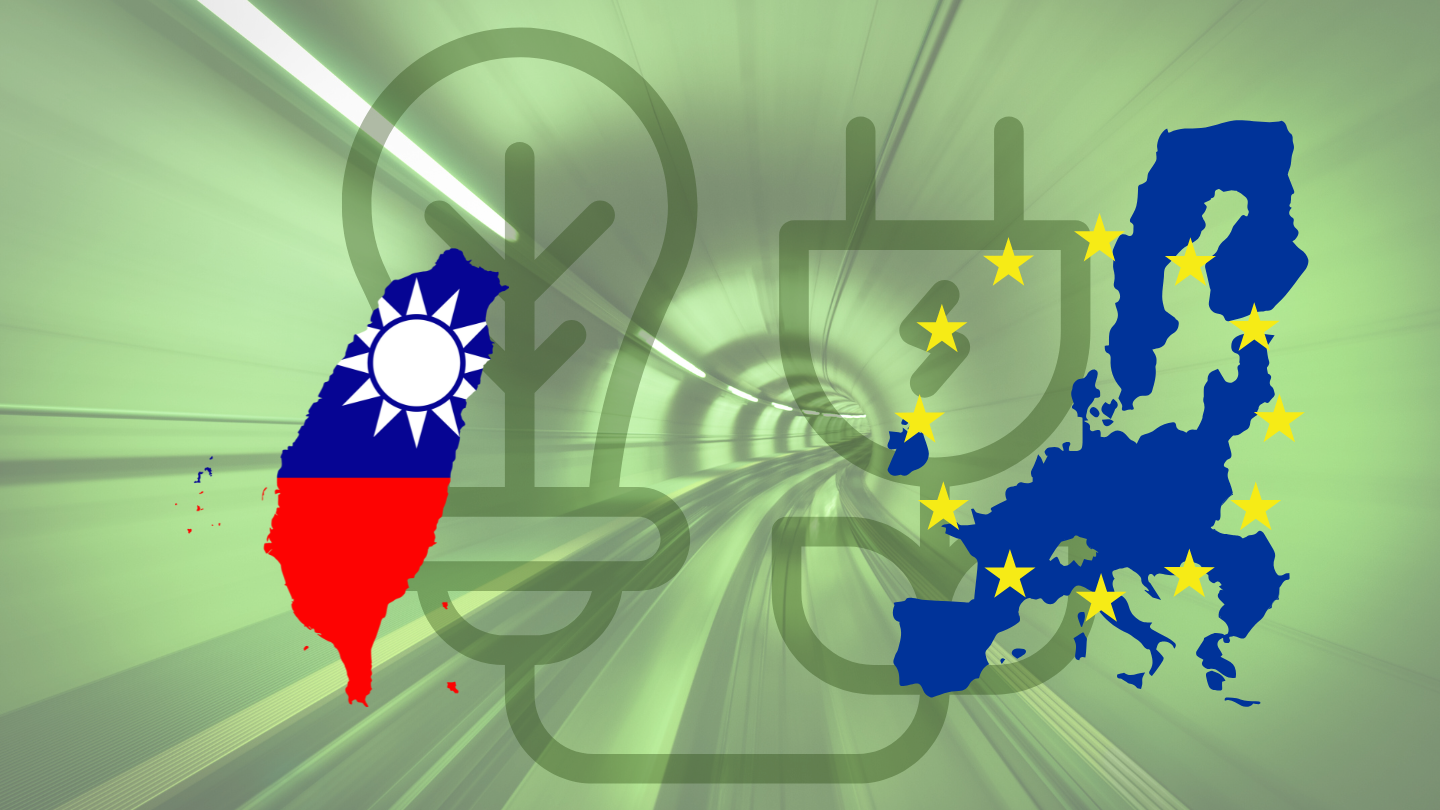
Green Transition: Taiwan’s Climate Strategy and Prospects for EU Cooperation
This special paper, edited by Yi-Chieh Chen and Maud Descamps, argues that for Taiwan, climate action is not only an environmental imperative but also a diplomatic opportunity. As the European Union (EU) prioritizes climate leadership, Taiwan sees potential to strengthen ties with like-minded partners and enhance its international visibility. It is unclear to what extent this strategy will be effective, but it is an important force driving Taiwan’s net-zero emission efforts, argues this special paper. This Paper is part of ISDP’s Taiwan Studies Project and is undertaken by its Stockholm Taiwan Center. ISDP extends its gratitude to the contributors who brought informative insights from diverse perspectives. Additionally, we extend our gratitude to the support from the Taipei Mission in Sweden, which enabled the realization of this edited volume.
-

After the Handshake: What Putin’s India Visit Signals to a Fractured World
In a way, the global system today is neither comfortably multipolar nor predictably bipolar. It is fractured, fluid, and fiercely contested. Against this backdrop, Putin’s recent visit to India for the 23rd India-Russia summit reaffirmed that legacy partnerships retain geopolitical relevance even as states recalibrate their strategies in an age of strategic volatility. Yet, Jagannath Panda writes that the visit also raises a wider analytical debate. Can India sustain meaningful ties with Russia without intensifying strategic friction with the United States and Europe? And what does Moscow’s renewed outreach to New Delhi imply for China’s growing influence over Russia? Read this piece published on the ISPI website here.




